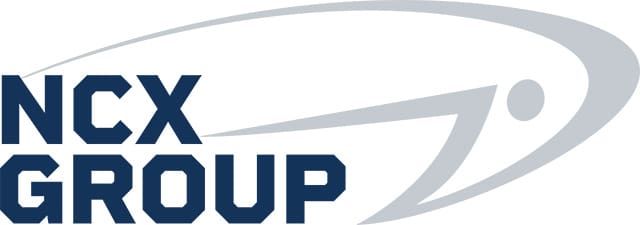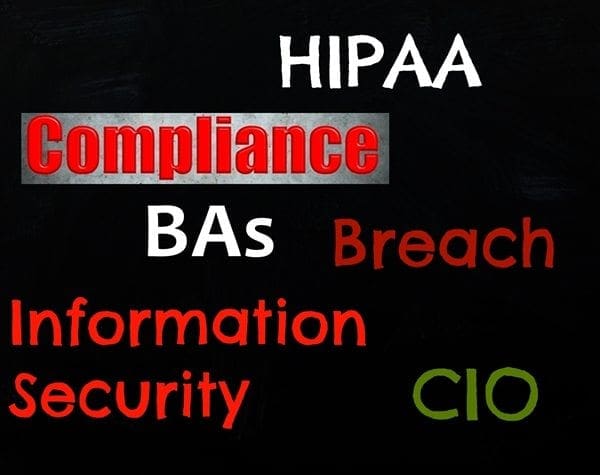Protecting Your Health Care Business from Data Breaches with HIPAA Compliance
Introduction to HIPAA Regulations
Healthcare business leaders and CIOs understand the importance of protecting patient data. A breach of this sensitive information can lead to devastating consequences, including diminished customer trust, civil penalties and even criminal charges. The Health Insurance Portability and Accountability Act (HIPAA) sets up privacy, security, and breach notification standards to protect patient data from unauthorized access or disclosure. Compliance with HIPAA regulations is essential for any healthcare business, with third-party business associates required to sign a Business Associate Agreement (BAA).
This agreement outlines the requirements that need to be met to handle sensitive health information. It also defines roles and responsibilities between the parties involved to ensure that all relevant stakeholders are aware of their respective obligations.
The benefits of adhering to HIPAA regulations cannot be overstated — adherence reduces risks associated with a costly data breach or possible HIPAA violation. Additionally, observing these regulations helps foster an environment of trust between patients and providers by indicating that the organization takes patient privacy seriously.
When it comes to abiding by HIPAA regulations, there are some common mistakes healthcare businesses should be wary of making. These involve failing to secure confidential data within their organization’s physical environment and network infrastructure, as well as not having good policies in place regarding access controls, encryption protocols, and backup procedures. To avoid these errors, organizations must continually evaluate their procedures for handling patient information and conduct regular audits on third-party compliance with BAA terms.
Ultimately, complying with HIPAA regulations is critical for any healthcare business looking to protect its reputation and financial assets from debilitating damage due to a data breach or violation. Taking the necessary steps now will help ensure that your organization adheres strictly to all relevant standards while safeguarding patient data from unauthorized access or exposure in the future.
Benefits of Adhering to HIPAA Regulations for Healthcare Businesses
Healthcare executives must stay informed on all aspects of HIPAA regulations to ensure their organizations are up-to-date. Implementing security measures such as employee training programs and firewalls can protect the organization from data breaches and violations while allowing patient information to remain secure. Additionally, using modern technologies such as two-factor authentication, identity and access management systems, and mobile applications can further enhance the organization’s ability to manage data securely.
Utilizing a HIPAA compliance checklist in 2016 or later is also essential for staying current with regulations. This ensures that the healthcare business is adhering to the relevant standards for safeguarding protected health information (PHI). Doing so not only protects the organization from costly fines but also demonstrates solidarity with patients who have a right to privacy and trust in what they share with their healthcare providers.
Adhering to HIPAA protocols goes beyond simply meeting regulatory requirements; it’s essential for demonstrating a commitment to patient care by providing them with peace of mind knowing that their data is secure. Acknowledging this need for privacy fosters productive relationships between providers and patients, which, in turn, leads to higher levels of satisfaction in today’s competitive environment.
Common Mistakes to Avoid in Adhering to HIPAA Regulations
Healthcare businesses should take extra care when it comes to evaluating potential third-party partnerships. Speaking with other vendors, investigating their track records, and investing in reputable software solutions can give organizations an idea of a vendor’s commitment level to achieving HIPAA compliance requirements. Additionally, signing a Business Associate Agreement (BAA) will outline the roles and responsibilities between parties involved and ensure that all relevant stakeholders are aware of their obligations.
Another common mistake healthcare business leaders and CIOs should avoid is failing to secure confidential data within their network infrastructure or a lack of policies regarding access controls, encryption protocols, and backup procedures. Such oversights can severely damage customer trust and expose an organization to civil penalties or criminal charges. By taking proactive steps such as conducting regular audits on third-party compliance with BAA terms and continually evaluating procedures for handling patient information, organizations can protect themselves from any financial losses or reputational damage due to a breach or HIPAA violation.
Conclusion: Why Abiding by HIPAA Regulations is Critical for Healthcare Businesses
Healthcare business leaders and CIOs understand that adhering to HIPAA regulations is critical for safeguarding patient information from unauthorized access. Taking proactive measures such as employee training programs, secure firewalls for encrypting devices storing PHI, and signing a Business Associate Agreement (BAA) will provide an extra layer of protection against potential data breaches. Additionally, conducting regular audits on third-party compliance with BAA terms, evaluating procedures for handling patient information, and outlining detailed policies regarding access controls and encryption protocols can help organizations stay compliant with HIPAA laws while providing patients the assurance that their data is being adequately protected.
It is imperative that healthcare businesses take all appropriate measures to keep up to date with federal and state privacy laws to remain compliant at all times. This includes regularly revisiting internal protocols such as password activation processes, user authentication strategies, de-identifying sensitive patient data whenever possible, and encrypting the transmission of PHI when sharing with third parties.
Overall, it is essential that healthcare businesses understand the importance of abiding by applicable HIPAA regulations to ensure patient privacy stays intact while protecting their business from costly fines or other penalties associated with noncompliance charges.
NCX Group understands the importance of HIPAA regulations for protecting patient information from unauthorized access and disclosure. We are here to help healthcare businesses stay compliant with these regulations and prevent costly data breaches. Our team will provide comprehensive solutions that include employee training programs, secure firewalls for encrypting devices storing PHI, signing Business Associate Agreements (BAA), conducting regular audits on third-party compliance, and more. Take action today and get in touch with us to ensure your business is fully protected against potential data security risks. Contact us now to learn more about our HIPAA compliance solutions!

